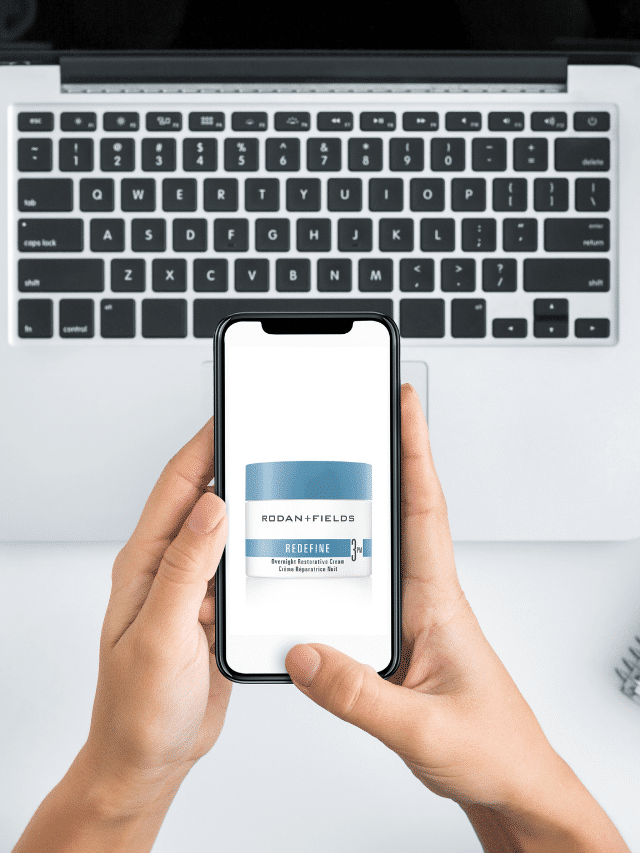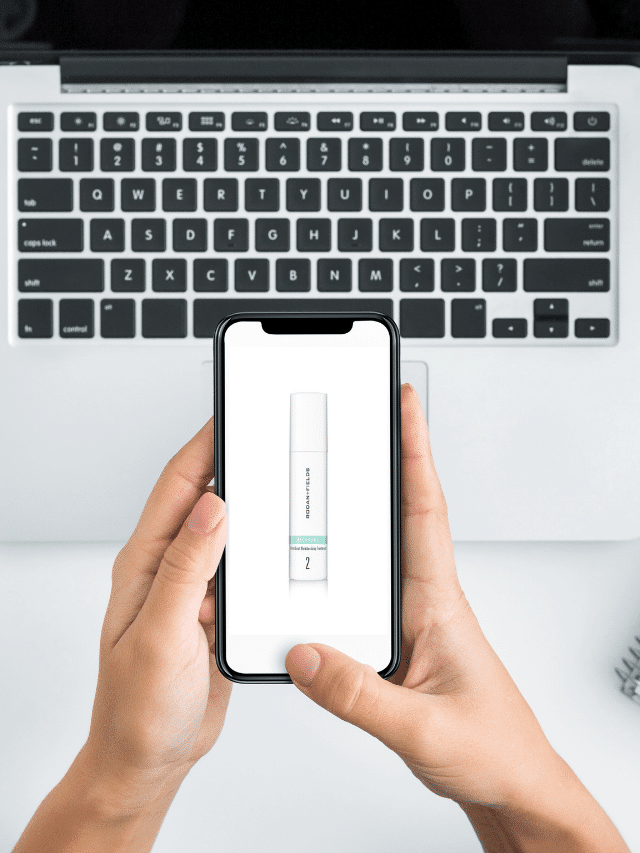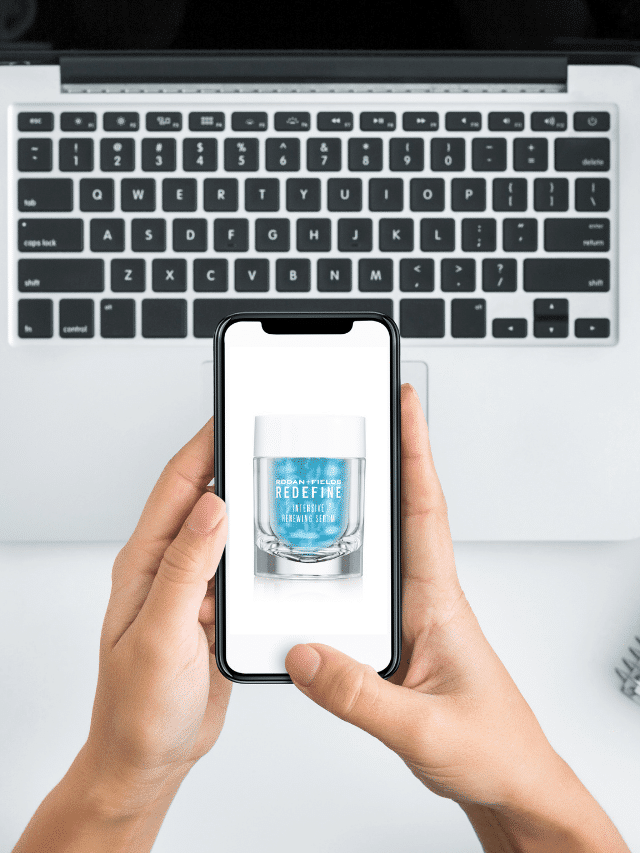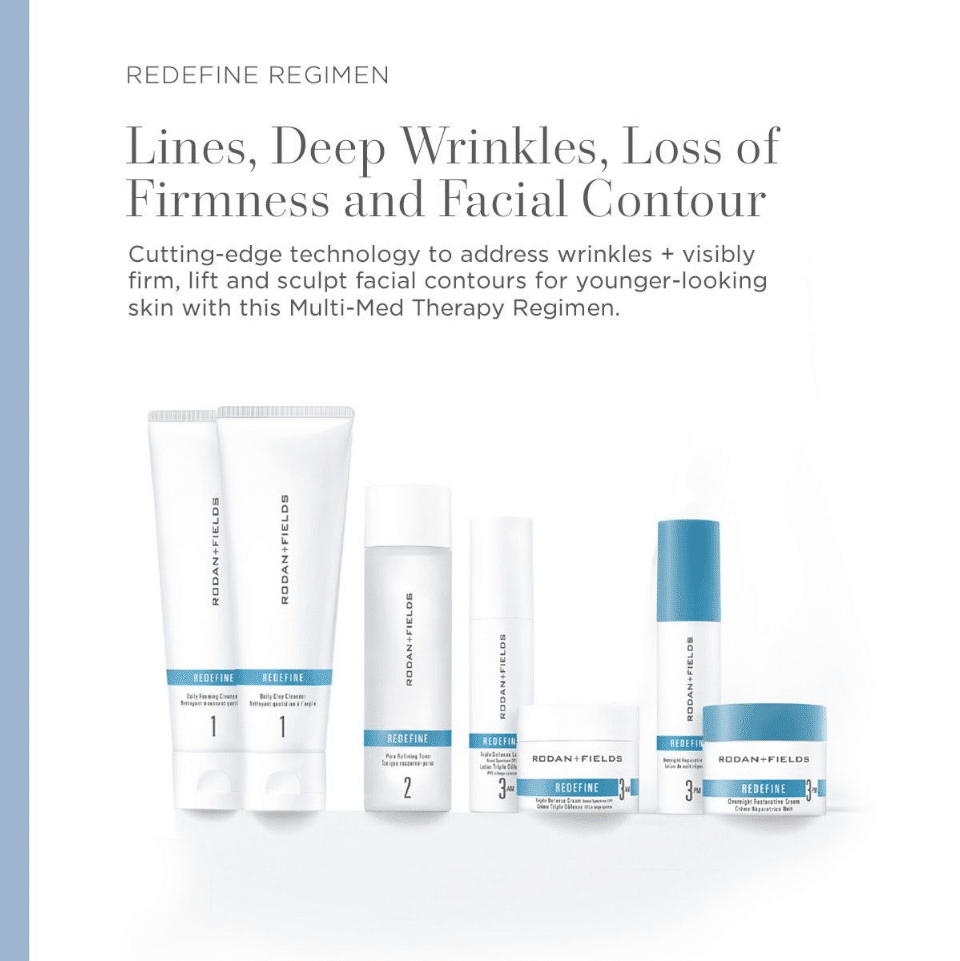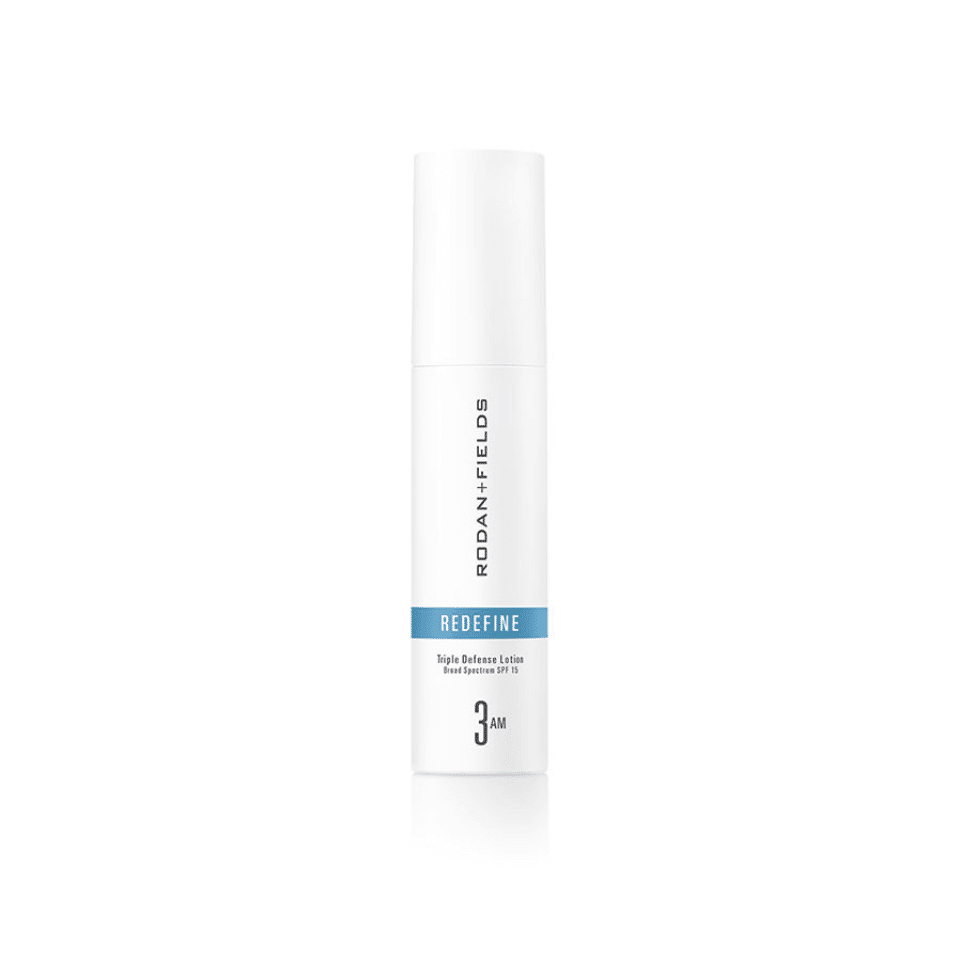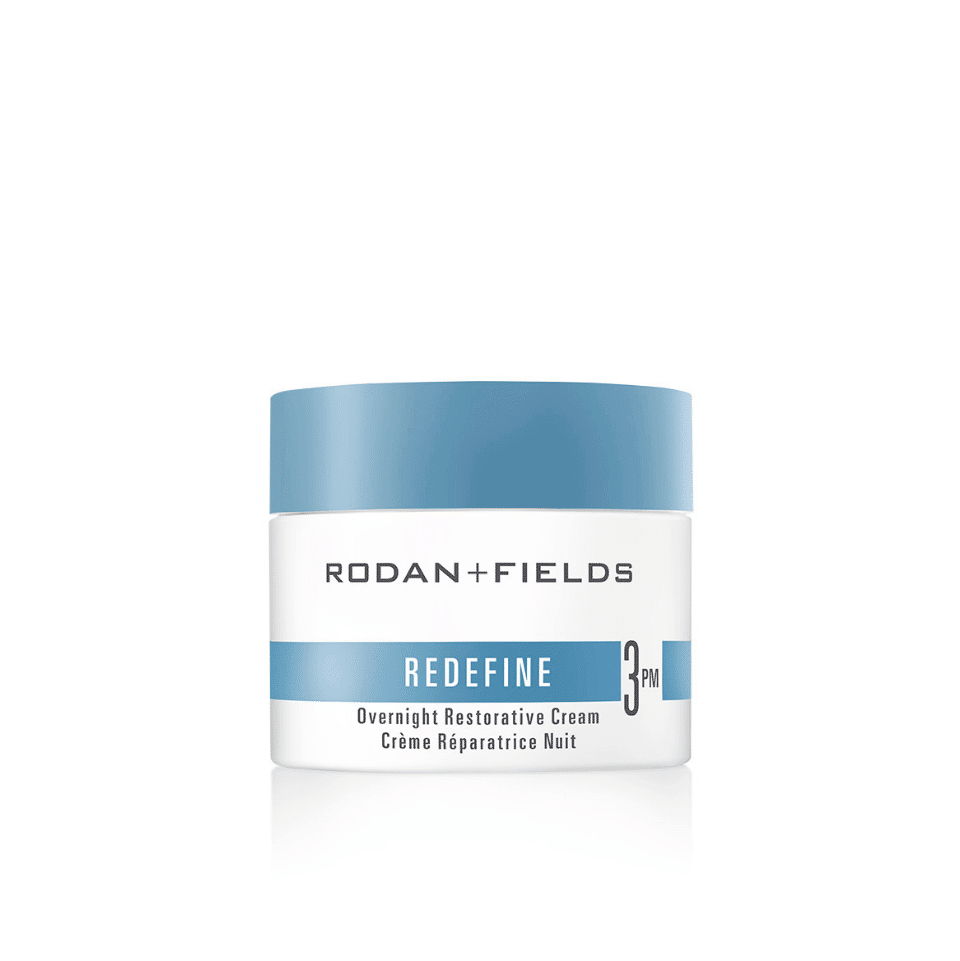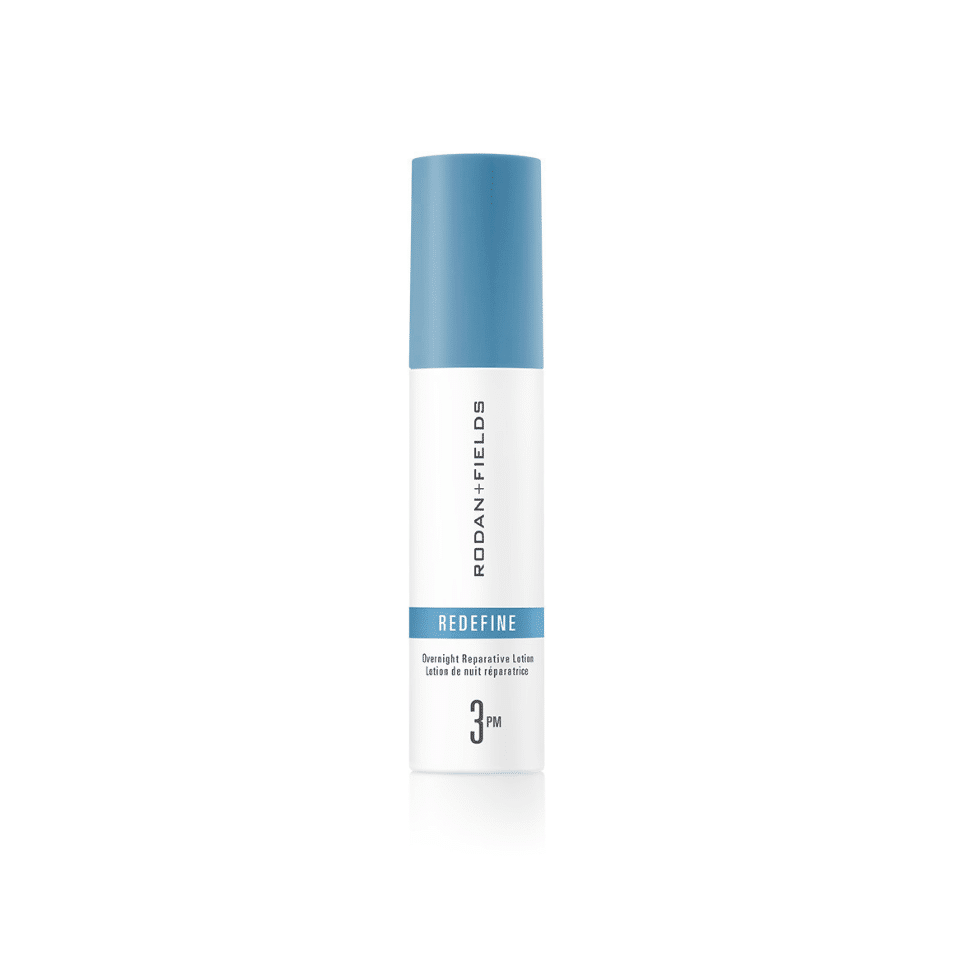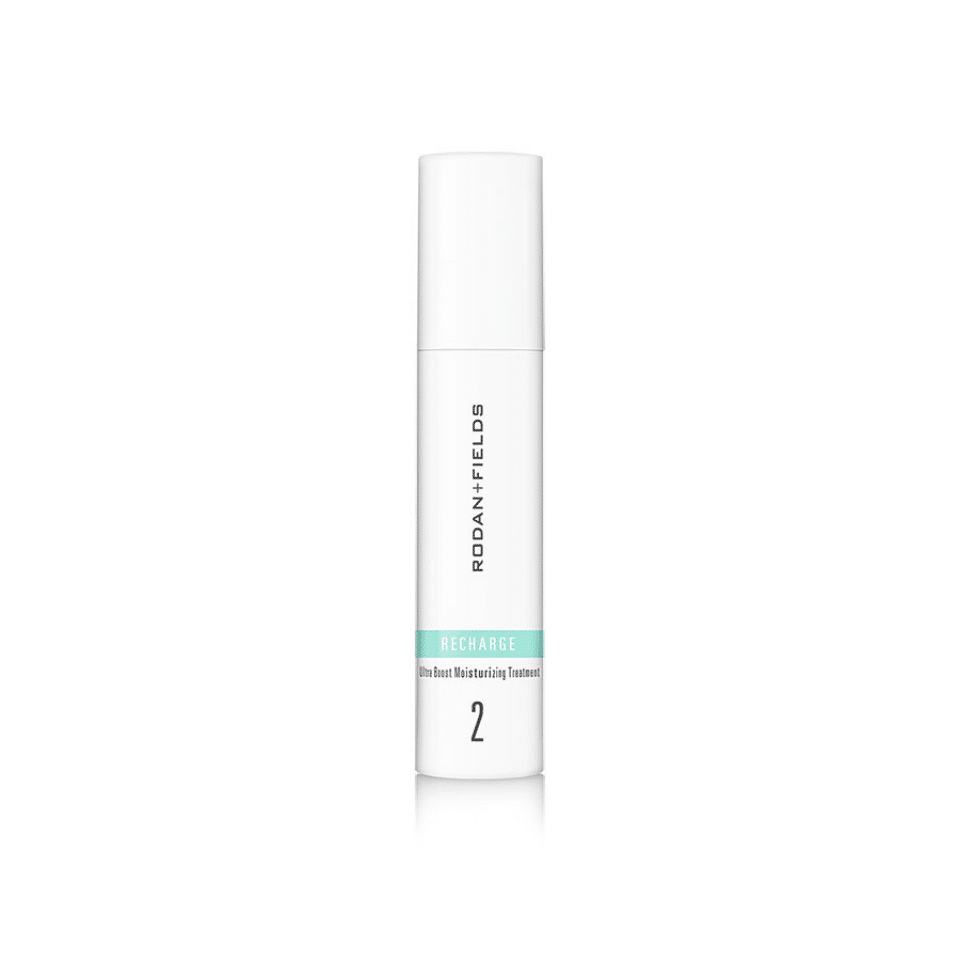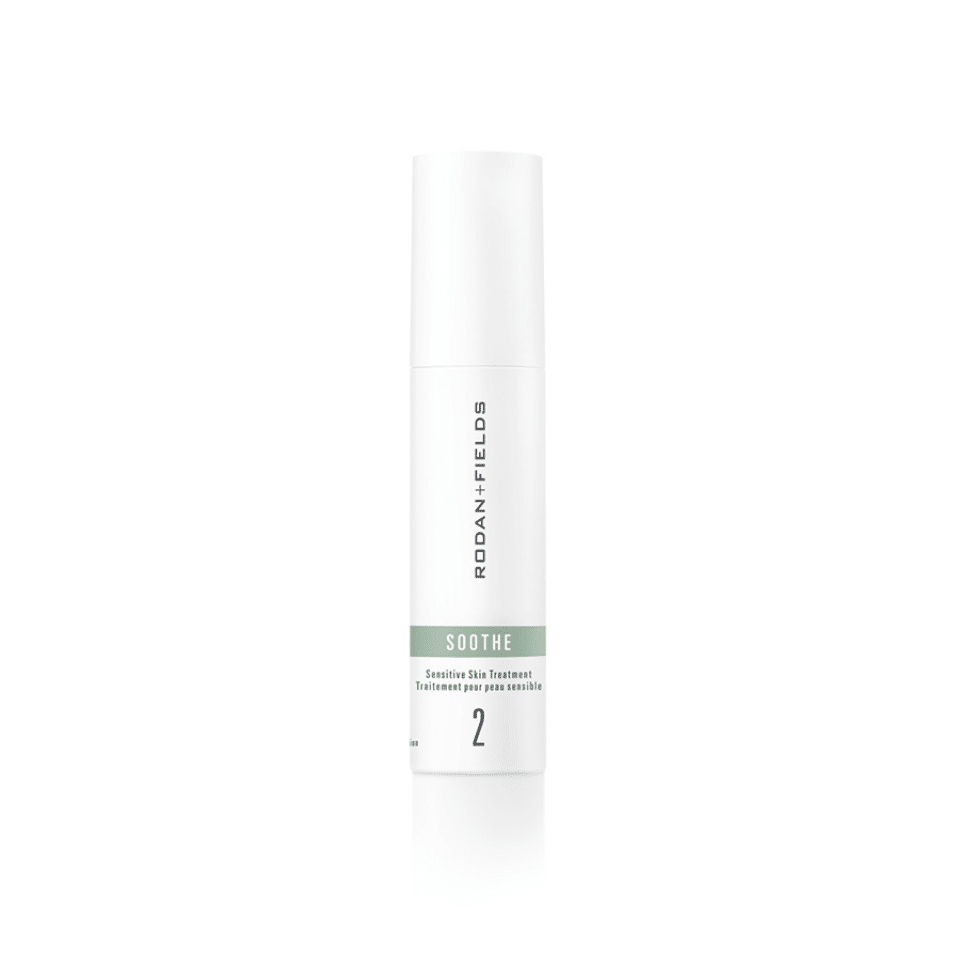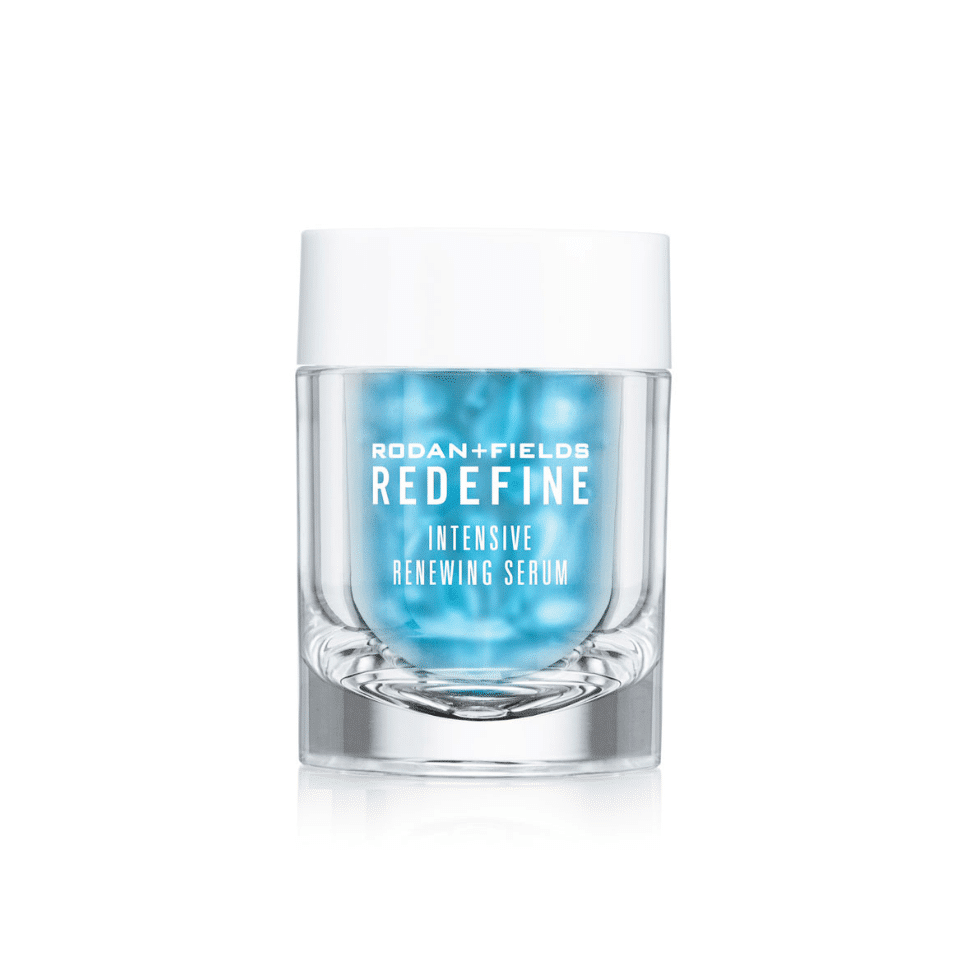Peptides for Skin:
A way for delaying your skins ageing process, backed by science.
Collagen is a protein in your skin, hair, and nails. Collagen peptides are collagen proteins that have been broken down to be absorbed more easily by your body. As a result, collagen peptides may help improve your skin health and reduce your ageing process.
Collagen peptide-containing dietary supplements, according to a credible source, can help reduce skin wrinkles. Furthermore, according to a Scientific study, Peptides may improve skin suppleness and hydration.
Peptides may stimulate melanin production, a skin pigment, which may improve skin resistance to UV (sun) damage.
Peptides, which marketers claim can reduce wrinkles, help with skin firming, and increase blood flow, can also be found in anti-ageing cosmetics.
What exactly are peptides for skin?
You’ve come to this post because you’re interested in skincare science. Peptides are presumably something you’ve heard of by now. Peptides have long been used in skin care formulations and are among the most talked-about ingredients in anti-ageing skincare.
Furthermore, they are a beauty powerhouse as hero components because they have proven to be successful.
So, why do we need more peptides when we already have them in our bodies? The explanation, according to the dermatologist and experts, is ageing. When we reach 30, we begin to lose 1% of our remaining collagen per year. With ageing, the natural communication pathways in our skin slow down as well.
However, just slathering peptides on our skin will not result in immediate results of younger-looking skin. How Peptides for skin work is a little more complicated: This (peptides) is interpreted by your body as “signals” that you need to heal, telling it to produce more collagen where it is most needed.
If your skin is prematurely ageing, peptides in skincare may stimulate the production of additional collagen and even hyaluronic acid, plumping it up and restoring a healthy skin barrier.
Furthermore, when exogenous peptides are administered via skincare in a moisturiser or serum, the skin is deceived into thinking there has been an injury or wound, which stimulates our collagen-boosting systems.
Important to note that not all peptides are made equal when it comes to beauty and skincare. Some peptides are more beneficial in your skincare than others.
Carrier peptides, for example, provide trace minerals to the skin to boost collagen, whilst enzyme inhibitor peptides aid to slow the Skin’s natural collagen degradation. Signal peptides provide information to different skin parts to activate collagen, elastin, and other proteins, while neurotransmitter peptides, called “Botox-like,” block the production of chemicals that cause muscle contraction in expression lines smoothing wrinkles.
When it comes to your skincare concerns, these powerful ingredients, i.e. peptides, can affect the firmness, texture and bounce off the skin. Peptides can be thought of as tiny messengers. They stimulate your skin cells to perform collagen and elastin creation duties, making your skin look and feel younger.
In other words, peptides can make your skin look and feel healthier by keeping structural elements like collagen and elastin in place. As a result, peptides are frequently viewed by dermatologists as a type of anti-ageing defence.
